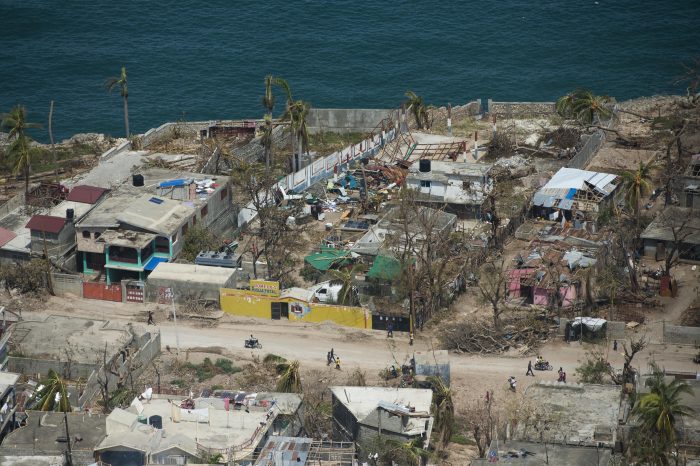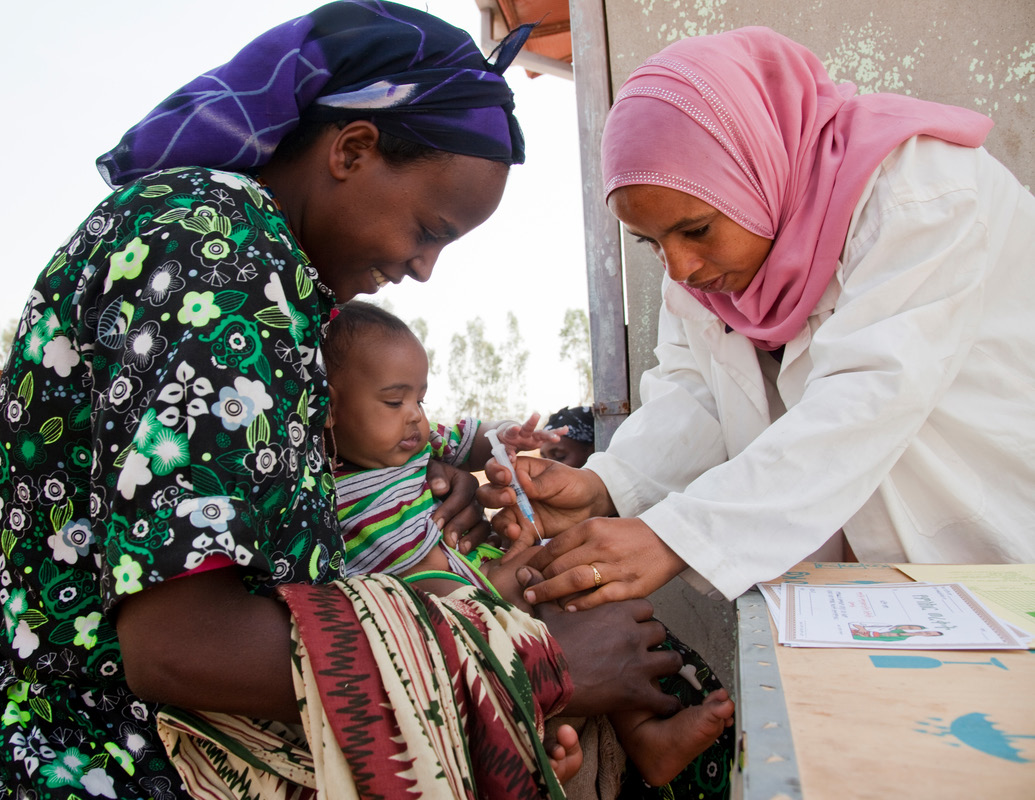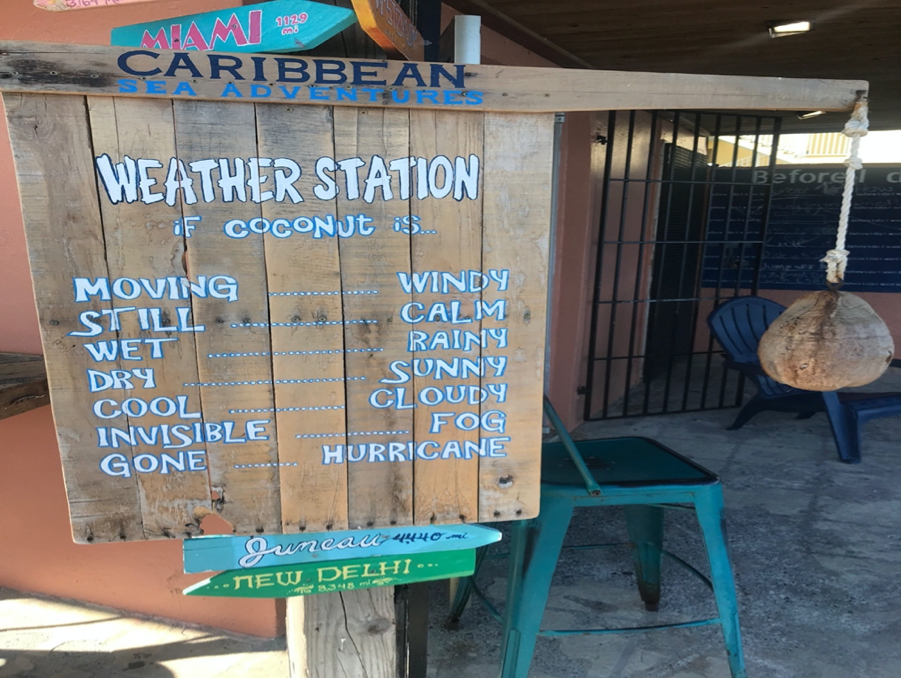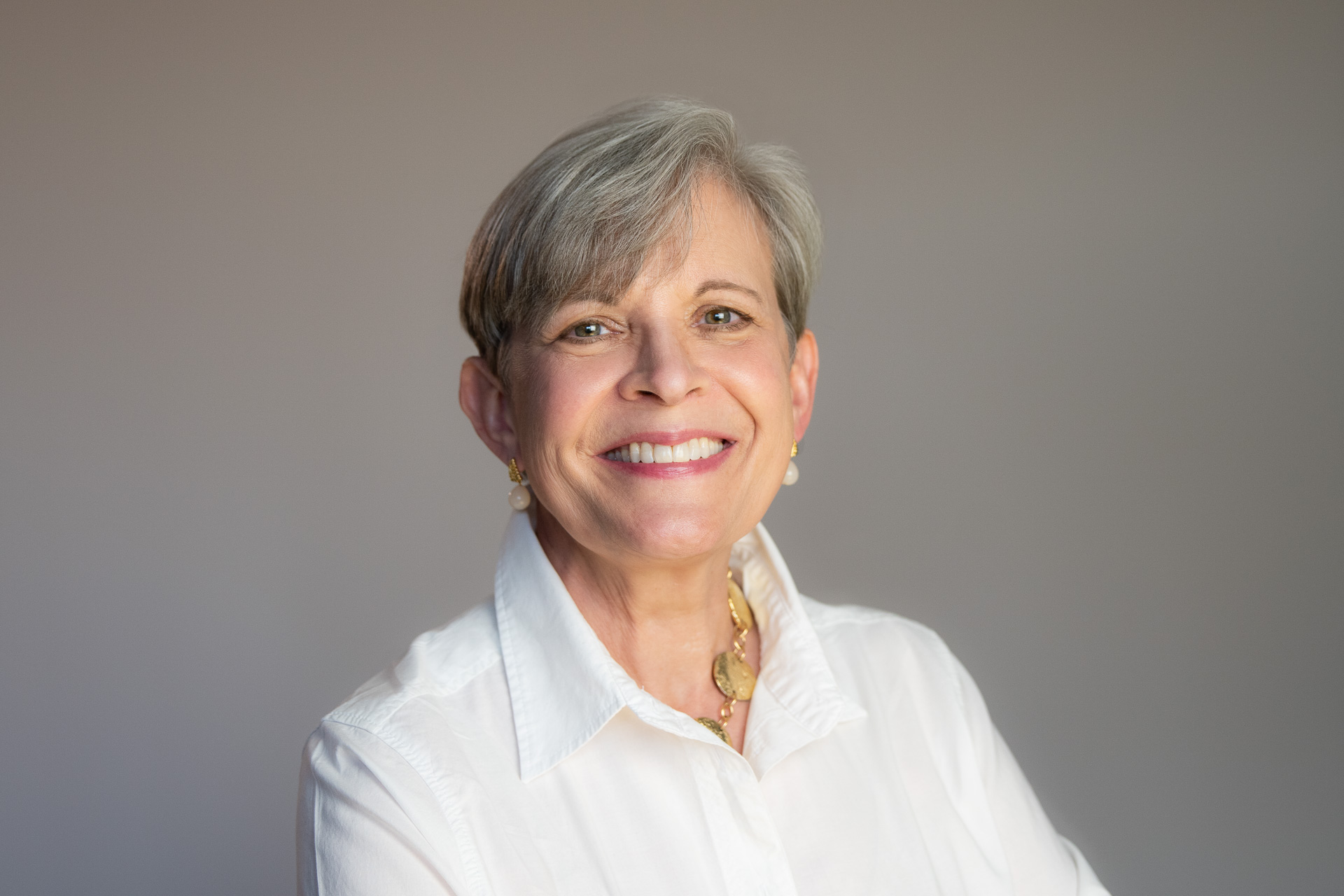Local Decision-Making Matters in Disaster Recovery
For the past two years, in partnership with Bill & Melinda Gates Foundation, the Center for Disaster Philanthropy (CDP) has been been engaged in a project to strengthen local humanitarian leadership. This work, fueled by the World Humanitarian Summit in 2016, aims to “return local actors, whether civil society organizations or public institutions, to the […]

For the past two years, in partnership with Bill & Melinda Gates Foundation, the Center for Disaster Philanthropy (CDP) has been been engaged in a project to strengthen local humanitarian leadership. This work, fueled by the World Humanitarian Summit in 2016, aims to “return local actors, whether civil society organizations or public institutions, to the center of the humanitarian system with a greater role in humanitarian response.”(Time to Let Go) In short, the focus becomes centered on local decision-making. Power is in the hands of those most affected by the issues.
Based on the belief that private and corporate foundations are uniquely structured and positioned to take collaborative action to strengthen local humanitarian leadership and exercise generative philanthropic leadership, a group of U.S.-based philanthropic organizations have met twice in Seattle, Washington, seeking to define philanthropy’s role in localization. Discussions centered on enhancing knowledge of the international humanitarian sector; altering grantmaking practices; and rewarding local actors who own their own recovery from natural disasters and complex humanitarian crises.
As a result of this ongoing conversation and planning, the group has developed a collection of resources to aid other philanthropic organizations in advancing their own investments in local humanitarian leadership. Part of CDP’s Disaster Recovery Playbook, the Strengthening Local Humanitarian Leadership Philanthropic Toolkit provides definitional and historical background materials; links to evaluative and descriptive work of governmental agencies, international nongovernmental organizations (NGOs), and local and regional humanitarian leaders. Funders who are active in this space also share their approaches, strategies, practices and opinions about the needs, challenages and innovations in funding local humanitarian actors.
CDP is excited to work with the Bill & Melinda Gates Foundation and these other philanthropic organizations on this transformational project:
- Conrad N. Hilton Foundation
- Margaret A. Cargill Philanthropies
- Global Giving
- Open Societies Foundation
- UPS Foundation
- Give2Asia
- Amazon
- Walmart Foundation
- Microsoft Foundation
While this is a work-in-progress, there are some promising practices and useful information in the Toolkit that can inform your own disaster philanthropy. External funding, support and technical assistance are still primary for a long-term recovery but through the localization process, the power dynamics shift. Those on-the-ground conduct program planning and management, allowing them to use their local knowledge, history and connections to develop services that are compatible with the cultural, socio-political and economic climates of the places that they serve, giving communities a more holistic recovery.
Learn even more about localization in The New Humanitarian’s new video series exploring local emergency response from the ground up. Check out the first video to hear from local aid workers on the front lines of today’s humanitarian crises:
More like this

Trends in Localization Prompt Reasons to Hope

